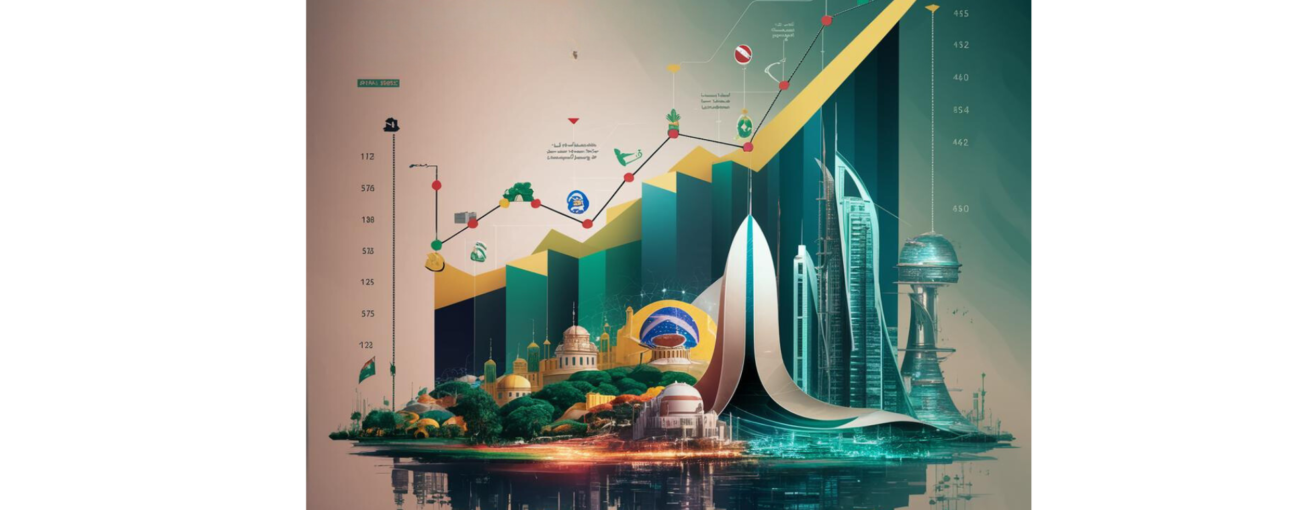Current Context
The trade relationship between Brazil and the United Arab Emirates (UAE) has seen significant growth in recent years, driven by mutual interests in diverse sectors. Brazil, known for its rich agricultural resources, exports a variety of products to the UAE, including sugar, coffee, soybeans, meat, and corn. The UAE, with its strategic location and advanced logistics infrastructure, serves as a crucial hub for Brazilian goods entering the Middle East and North African markets.
Key Sectors of Trade
Agricultural Products: Brazil is a major exporter of agricultural commodities to the UAE. Products like coffee, sugar, soybeans, and meat are in high demand, aligning with the UAE’s goal to diversify its food sources and enhance food security.
Energy and Infrastructure: There is growing cooperation in the energy sector, particularly in renewable energy and biofuels. Brazilian companies are exploring opportunities to invest in the UAE’s renewable energy projects, while Emirati firms are looking at Brazil’s vast natural resources for sustainable energy solutions.
Logistics and Technology: The UAE’s investment in advanced logistics and technology creates a conducive environment for efficient trade. Brazilian companies benefit from the UAE’s state-of-the-art ports and free zones, which facilitate the seamless movement of goods.
Future Outlook
The future of trade between Brazil and the UAE looks promising, with several factors likely to drive further growth:
Diversification of Trade: Both countries are exploring new areas of trade beyond traditional commodities. Sectors like technology, renewable energy, and healthcare present new opportunities for bilateral trade and investment.
Sustainable Trade Practices: With global emphasis on sustainability, both Brazil and the UAE are committed to adopting sustainable trade practices. Brazil’s focus on sustainable agriculture and the UAE’s investment in green technologies will enhance their trade relationship.
Bilateral Agreements: Ongoing negotiations for bilateral trade agreements will provide a more structured framework for trade, reducing barriers and fostering a more conducive environment for business.
Technological Integration: The integration of advanced technologies like blockchain and AI in supply chains will enhance transparency, efficiency, and reliability in trade between the two nations.
The trade relationship between Brazil and the UAE is poised for substantial growth, driven by mutual interests and strategic initiatives. By leveraging their respective strengths and focusing on sustainable practices, both countries can achieve greater economic prosperity and strengthen their bilateral ties. As they continue to explore new opportunities and integrate advanced technologies, the future of trade between Brazil and the UAE looks bright and promising.
